|
How seriously do we take the ABC’s role in Australian democracy? And after an extended period of turbulence for the public broadcaster, how do we safeguard it from political interference and ensure the organisation fulfils both its mission and its duty of care to staff?
These will be the difficult questions facing the ABC’s next managing director, after David Anderson announced his resignation yesterday.
Long-time ABC analyst Denis Muller writes that the ABC is potentially at a watershed moment: what happens next may well decide its long-term viability as a trusted, impartial source of news, information and entertainment.
Whatever the ultimate outcome, it does seem there is a climate of change at the ABC, Muller says: “How far it will go is unclear, but a more robust editorial culture, preferably led by an editor-in-chief not encumbered by the responsibilities of a managing director, would be strongly in the national interest.”
|

|
Amanda Dunn
Politics + Society Editor
|
|
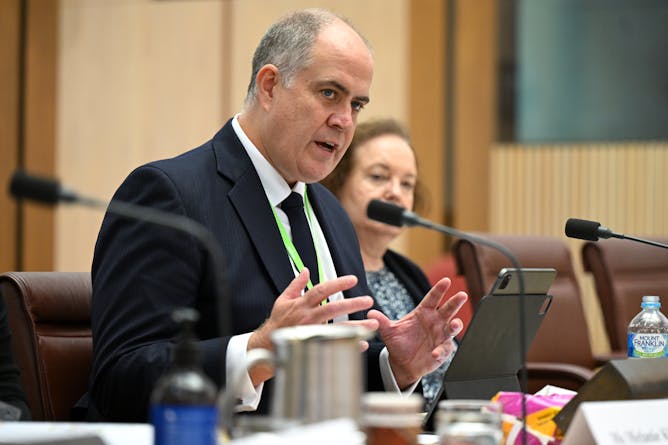
Denis Muller, The University of Melbourne
Appointing a new managing director offers the opportunity to reset the organisation’s editorial culture by facing down the relentless attacks on its journalists from right-wing political interests.
|
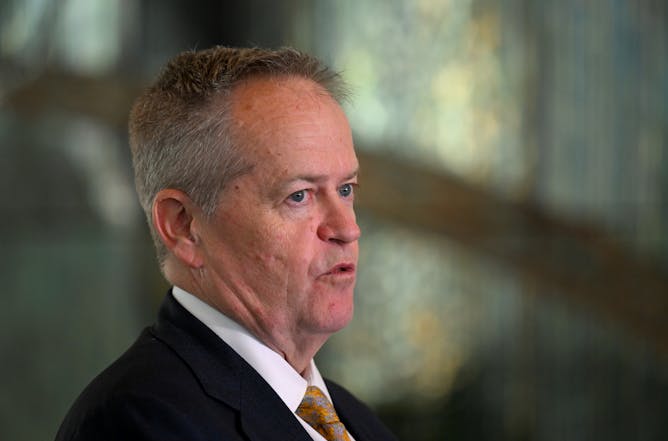
Helen Dickinson, UNSW Sydney
It’s been a long road, but the government has pushed through NDIS reforms – and lost a lot of political currency with the disability community in the process.
|
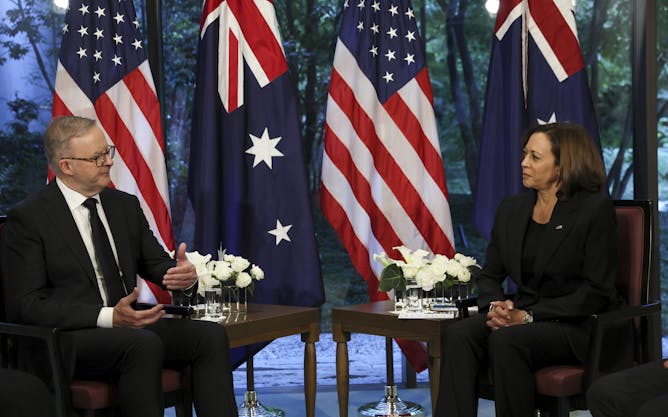
Michelle Grattan, University of Canberra
The battle between Donald Trump and Kamala Harris showcases the differences between presidential and Westminster systems, and the contrasts between the US and Australia in money, campaigning and razzmatazz.
|

Michelle Grattan, University of Canberra
We're joined on the podcast by former Australian ambassador to Washington, Joe Hockey, who's been attending the Democratic National Convention in Chicago.
|
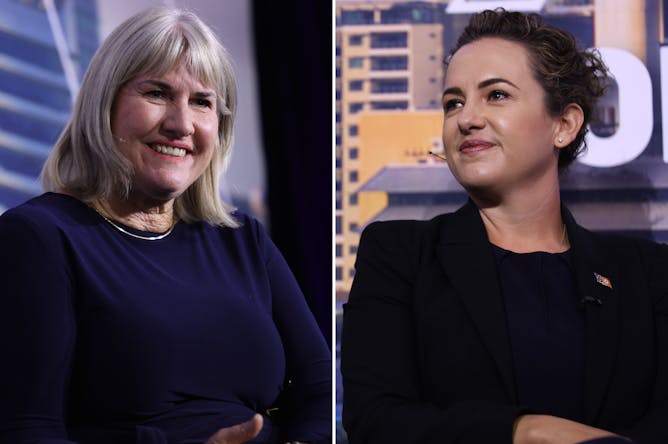
Rolf Gerritsen, Charles Darwin University
With polling day on Saturday, the incumbent Labor government is facing an uphill battle to stay in power, but neither major party is acknowledging the elephant in the room.
|
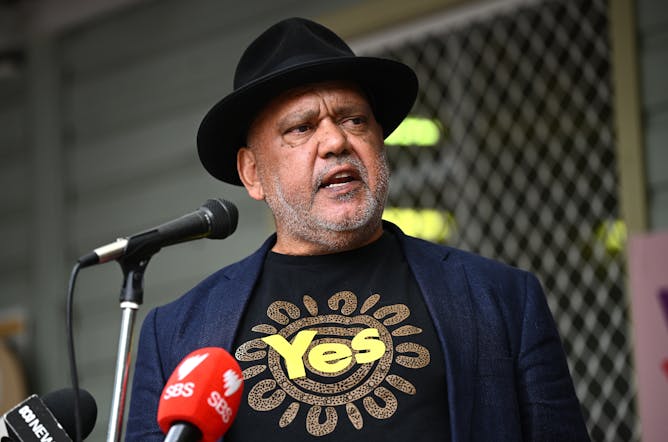
Shireen Morris, Macquarie University
Shireen Morris worked for 12 years, with Aboriginal leader Noel Pearson, to achieve Indigenous constitutional recognition, building on decades of Indigenous advocacy. What happened?
|
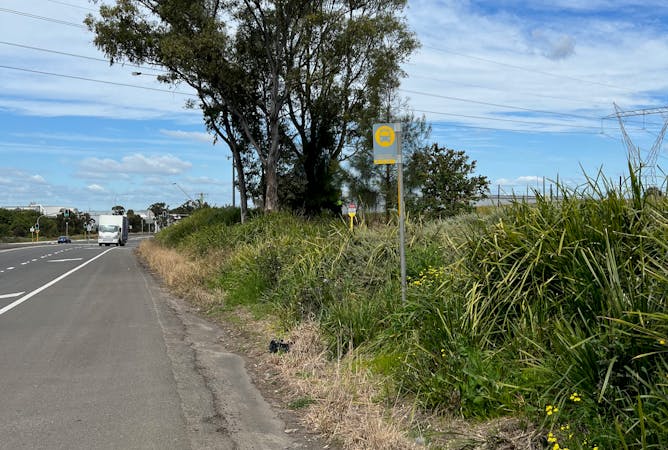
Kurt Iveson, University of Sydney
Upgrading Sydney’s bus stops would greatly improve access, equity, comfort and dignity for public transport users – at much less cost than the new rail project.
|
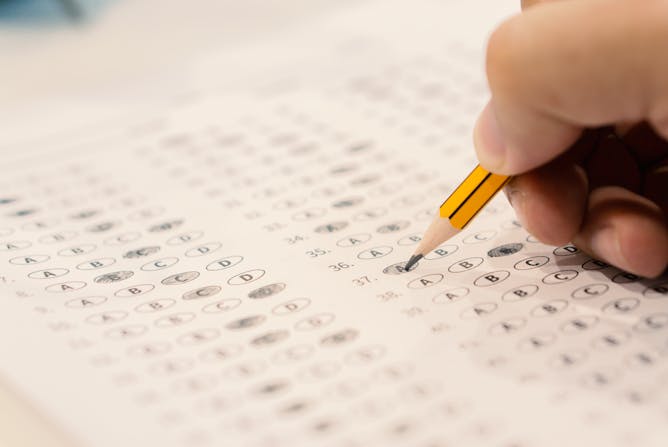
James Pengelley, Murdoch University; Anabela Malpique, Edith Cowan University; Nina Rovis-Hermann, Murdoch University
Our two recent studies suggest the way students respond to test questions on computers may not be the same as on paper.
|
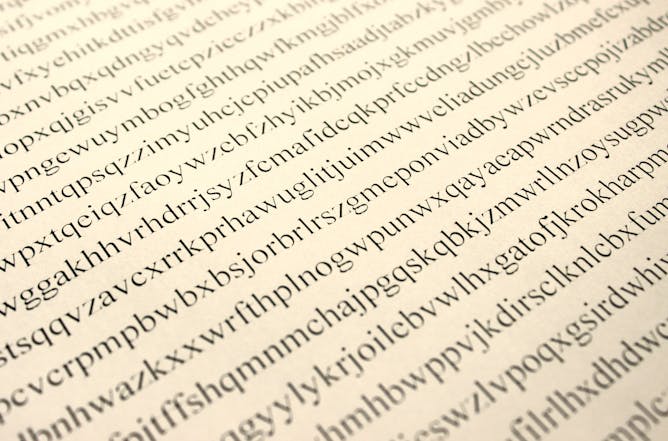
Francis Mollica, The University of Melbourne
Laws may use complex syntax to indicate their special status, in much the same way magic spells use rhyme or archaic words.
|

Siobhan Harvey, Auckland University of Technology
From Lord Byron to Benson Boone, from Tennyson to TikTok, poetry endures because it speaks from – and to – the human heart, mind and imagination. AI might replicate it, but it can never replace it.
|
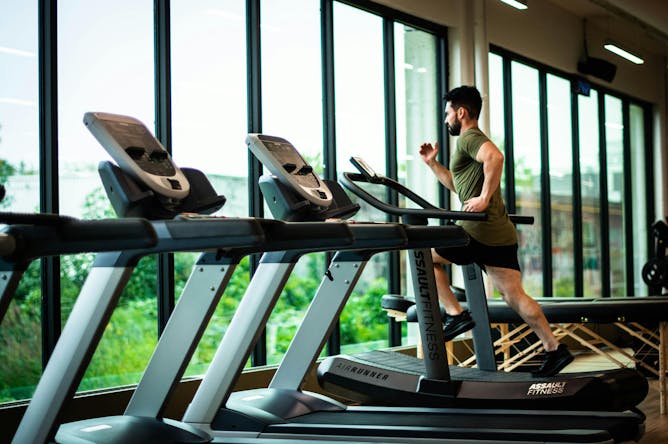
Matthew Ahmadi, University of Sydney; Emmanuel Stamatakis, University of Sydney
Do you tend to exercise mainly on the weekends? A new study finds this could offer equivalent benefits for brain health and mental health as staying active throughout the week.
|
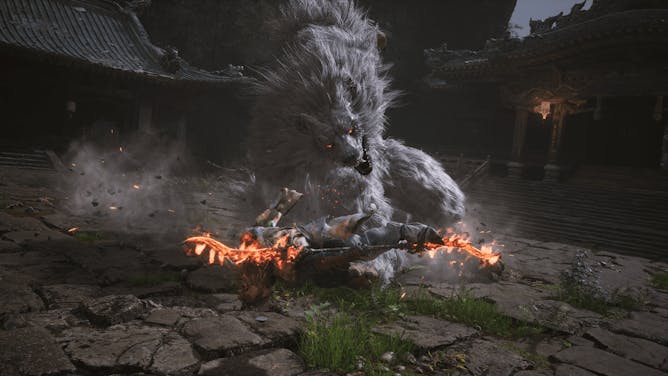
Jacqueline Burgess, University of the Sunshine Coast
China could be considered the sleeping lion awakening in the global gaming industry. And there’s plenty of ‘soft power’ to be exerted through its ventures.
|
Politics + Society
|
-
Justin Keogh, Bond University; Zoya Huschtscha, Deakin University
Watching oversized athletes lift huge boulders or pull trucks might appear bizarre to many but it’s a sport more ‘regular’ athletes are turning to.
|
|
Health + Medicine
|
-
Vincent Ho, Western Sydney University
Elvis died on the toilet, possibly of a heart attack. A new Australian-led study involving thousands of people sheds new light on how constipation and heart attacks are linked.
-
Cameron Webb, University of Sydney; Andrew van den Hurk, The University of Queensland
Travellers to South and Central America are being warned to avoid biting insects after a rise in cases of the potential fatal disease caused by Oropouche virus. Here’s what you need to know.
|
|
Science + Technology
|
-
David Tuffley, Griffith University; Rory Mulcahy, University of the Sunshine Coast; Sameer Deshpande, Griffith University
Social media algorithms, anonymity and viral culture combine to amplify online abuse. To combat trolling, everyone must work together.
-
Rita Matulionyte, Macquarie University
The decision underscores the importance of strengthening privacy laws and enforcement powers of regulators.
|
|
Environment + Energy
|
-
Hannah Dawson, University of Tasmania; Adele Morrison, Australian National University; Ceridwen Fraser, University of Otago; Matthew England, UNSW Sydney
New research shows how marine debris from continents across the southern hemisphere threatens Antarctica’s remote coastline and unique marine ecosystems. Foreign organisms might be hitching a ride.
-
Wesley Morgan, UNSW Sydney
Japan is splashing cash for Australian gas to keep fossil fuels flowing under its net zero plan for South East Asia . But this undercuts Australia’s green export vision
|
|
Education
|
-
Samantha Schulz, University of Adelaide; Sarah McDonald, University of South Australia
Our research on school students’ sexist behaviour towards teachers shows some school leaders, colleagues and parents are downplaying harassment and abuse.
|
|
Arts + Culture
|
-
Alexandra Crosby, University of Technology Sydney
Two exhibitions in Sydney are showcasing interdisciplinary research on climate change communicated in artistic ways.
|
|
Books + Ideas
|
-
Jo Case, The Conversation
We were dismayed to see no Australians on the New York Times Best Books of the 21st Century – so, with the help of 50 experts, we created our own, all-Australian list. You can have your say, too!
|
|
Business + Economy
|
-
Aaron Gilbert, Auckland University of Technology
Four Australian banks dominate the banking sector in New Zealand. There has long been concern about whether consumers are getting the best deal, and yet 54% have never changed banks.
|
|
| |
|
|
|
Auckland University of Technology
Auckland, New Zealand
•
Contract
|

|
|
|
|
| |
| |
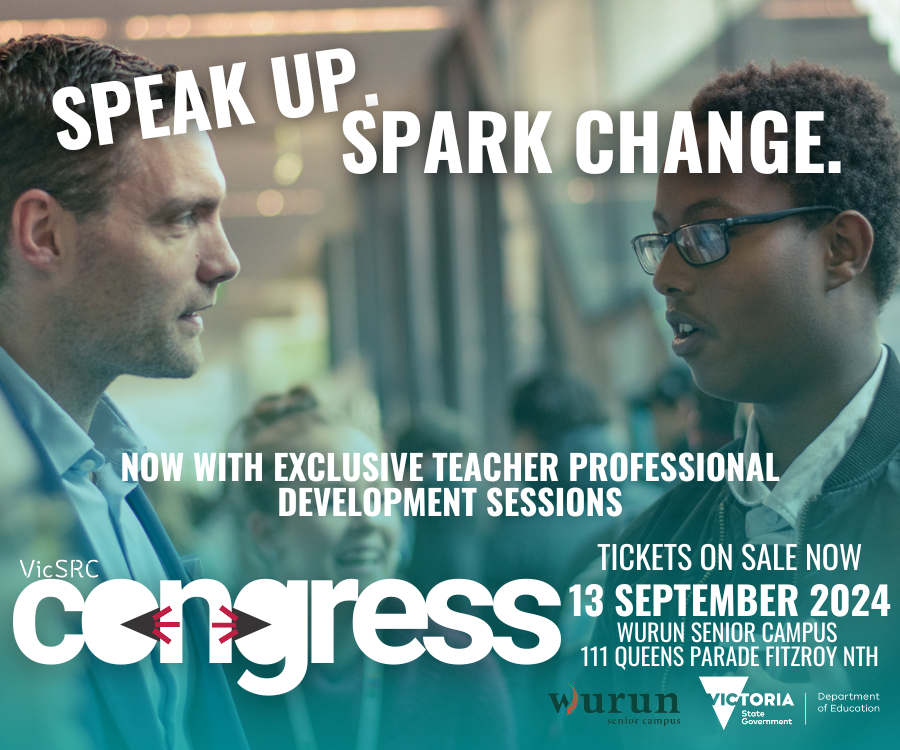
|
| |
| |
| |
Featured Events, Courses & Podcasts
|
View all
|
|
|
|
| |
| |
| |
| |
| |
|
|